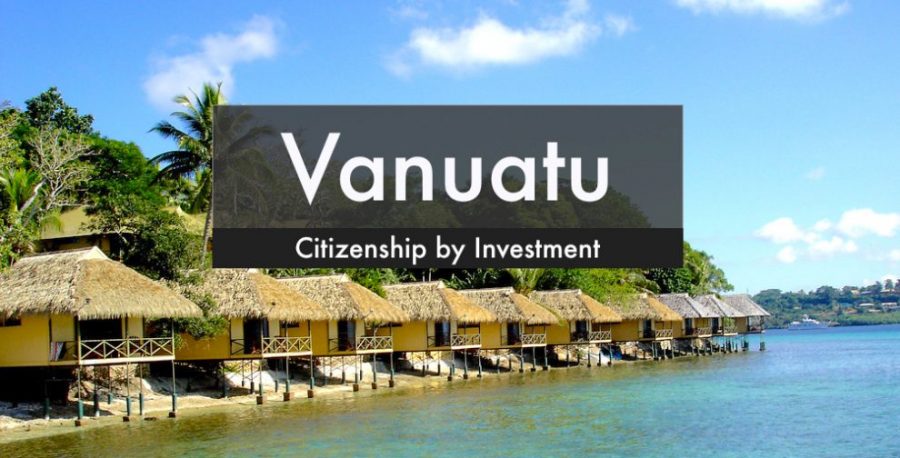On April 6, 2018, the Executive Board of the International Monetary Fund (IMF) concluded the Article IV consultation with Vanuatu.
In the report IMF said, Real GDP growth of Vanuatu rebounded to 3.5 percent in 2016 from 0.2 percent in 2015, driven by recovery in tourism and agriculture combined with scaling-up of infrastructure.
Economic citizenship program
After failed attempts to establish passport selling schemes in the 1990s, the Vanuatu government revived the new economic citizenship programs to boost revenue.
Vanuatu Economic Rehabilitation Program (VERP) was introduced after Cyclone Pam to raise additional fund for recovery activities.
The Capital Investment Immigration Plan (CIIP), which was originally introduced in 2014, was replaced by Vanuatu Real Estate Option Program (REO Program) in November 2016, and VERP by Vanuatu Development Support Program (VDSP) and Vanuatu Contribution Program (VCP) in March 2017.
VDSP offers citizenship to foreign investors against one-time contribution, ranging from USD 200,000 for a single person application to USD 280,000 for a family with elderly parents. The offered “honorary citizenship” has most ni-Vanuatu rights except voting and political involvement.
The application process requires a background check, including financial resources and criminal record, and takes between 1 to 2 months, making it one of the most fast-track citizenship programs in the world. However, citizens of North Korea, Yemen, Syria, Iraq, and Iran are not allowed to apply.
Note: In April 2018, The Vanuatu Government announced new changes to DSP program. The prices was reduced to $150,000
REO Program requires applicants to invest USD 230,000 in real estate related investments to obtain Vanuatu citizenship. The government expects the program to help raise substantial revenue, and that the associated private investments would directly provide employment and expand commercial facilities for a long-term growth.
These latest economic citizenship programs are successful in generating solid revenue in recent years.
In 2017, revenue collection from the programs is estimated to around VUV 3.5 billion (around 3.7 percent of GDP), which accounts for 16.1 percent of total revenue, excluding grants.
In October 2017, the government reportedly accepted Bitcoin payments for VDSP, making Vanuatu the first country in the world recognize the cryptocurrency as a legal form of payments. However, the Reserve Bank of Vanuatu reversed the decision after considering the associated transaction and reputation risks.
IMF also further said in the report..
- The authorities agreed with staff on the risk associated with heavy reliance on revenue from the Economic Citizenship Program, which is not deemed to be a sustainable source of income.
- Non-tax revenue, including from citizenship programs, remains high.
- Elevated recurrent spending, including meeting past due legal commitments and a rise in pay for government officials, would be offset by the temporary increase in VAT rate, and proceeds from the citizenship program (Vanuatu Development Support Program (VDSP) and Vanuatu Contribution Program (VCP)).
- The Government has raised the VAT rate to 15%, and continues to employ economic citizenship programs for additional revenue.
Source: IMF





